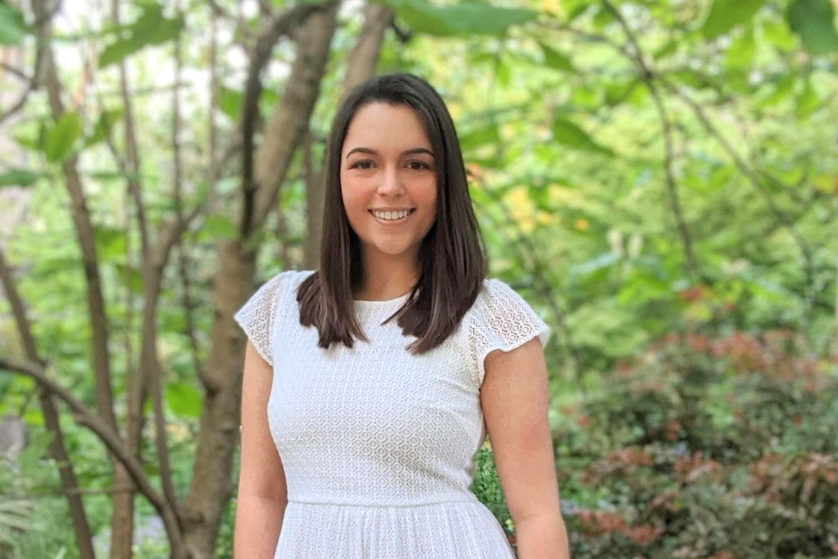
The Lindo lab specializes in mapping little-explored human lineages of the Americas.
Previously published research found evidence of the tuberculosis bacterium in the skeletal material of 1,400-year-old Andean mummies, contradicting some theories that TB did not exist in South America until the arrival of Europeans 500 years ago.
The current paper provides the first evidence for a human immune-system response to TB in ancient Andeans and gives clues to when and how their genomes may have adapted to that exposure.
Among the strongest signals detected were for biomarkers that are switched on in modern humans during an active TB infection. The researchers modeled the timing of selection for several of the genes involved in the TB-response pathways. Although they were not as strong as for exposure to TB, some signals were also detected for biomarkers related to adaptation to hypoxia, or low levels of oxygen in the blood that result from living at high altitude.
“Human-pathogen co-evolution is an understudied area that has a huge bearing on modern-day public health,” Sophie Joseph says. “Understanding how pathogens and humans have been linked and affecting each other over time may give insights into novel treatments for any number of infectious diseases.”
Read the full article here.